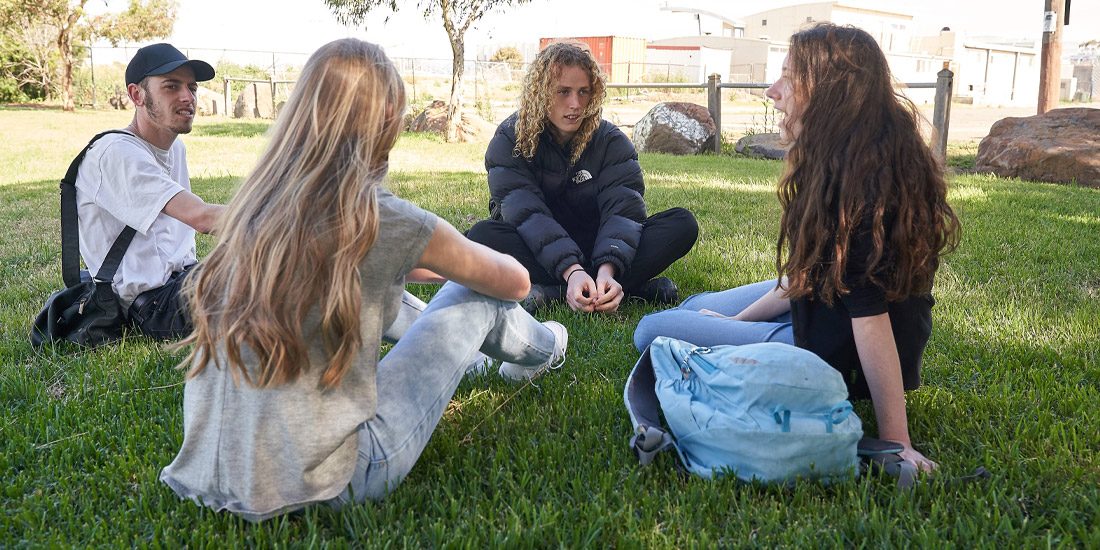
Orygen research exploring medication-assisted psychotherapy to treat social anxiety in young people with autism spectrum disorder has received $3.7 million in funding from the Medical Research Future Fund (MRFF), and research into the efficacy of using cannabidiol to treat young people experiencing anxiety has received $1.74 million, it was announced today.
Professor Paul Amminger, who is leading the cannabidiol and anxiety study, said anxiety disorders were the most prevalent psychiatric condition, affecting up to eight per cent of young Australians.
“The most recent data indicate that only approximately 50 per cent of children and adolescents experience a remission of anxiety disorders with current standard treatments such as cognitive behavioural therapy and antidepressants,” Professor Amminger said.
This indicates a substantial unmet need for other effective therapies, he said. The cannabidiol and anxiety study will be delivered at the Orygen clinical trials unit in Melbourne and in two headspace centres in Perth, WA.
Cannabidiol (CBD) is a non-psychoactive component of the Cannabis sativa plant. Orygen started exploring cannabidiol as an anxiety treatment after it was found to be effective in reducing anxiety in adults.
“If the CBD intervention is successful, it will allow us to extend the range of treatments available to young people with severe anxiety who do not respond to currently available treatments,” Professor Amminger said. “And it will mean that treatment with CBD will not be limited to specialist care but could occur in primary health care settings as well.
Professor Amminger thanked the MRFF for investing so significantly in the lives of young people with anxiety and said the funding was vital.
“In any given year, at least 100,000 young people in Australia suffer from disabling anxiety, despite receiving state-of-the-art treatment,” he said.
“This trial provides young people with much-needed access to an intervention that may well improve outcomes by reducing the severity of anxiety and the impact it has on their ability to successfully manage their life and responsibilities.”
A new Orygen study will also trial medication-assisted psychotherapy to treat social anxiety in young people with autism spectrum disorder (ASD).
Autism is a neurodevelopmental condition that affects how a person thinks, feels, interacts with others, and experiences their environment.
Associate Professor Gill Bedi, head of Orygen’s substance use research group, said the transition to adulthood was particularly difficult for young people with ASD, who are at risk of poor outcomes.
“We know that social isolation and disengagement from work and study is common in young people with autism, and they have a very high level of comorbid mental illness,” she said.
“Research has found that more than 80 per cent of young Australians with ASD presenting for mental health care had social anxiety disorder, significantly impacting their daily function and wellbeing.
“Many young people with ASD and social anxiety do not respond well to traditional forms of treatment such as cognitive behavioural therapy and antidepressants, so there is a clear need to test innovative new interventions for this group.
“This welcome MRFF funding will allow us to do just that.” Associate Professor Bedi said.